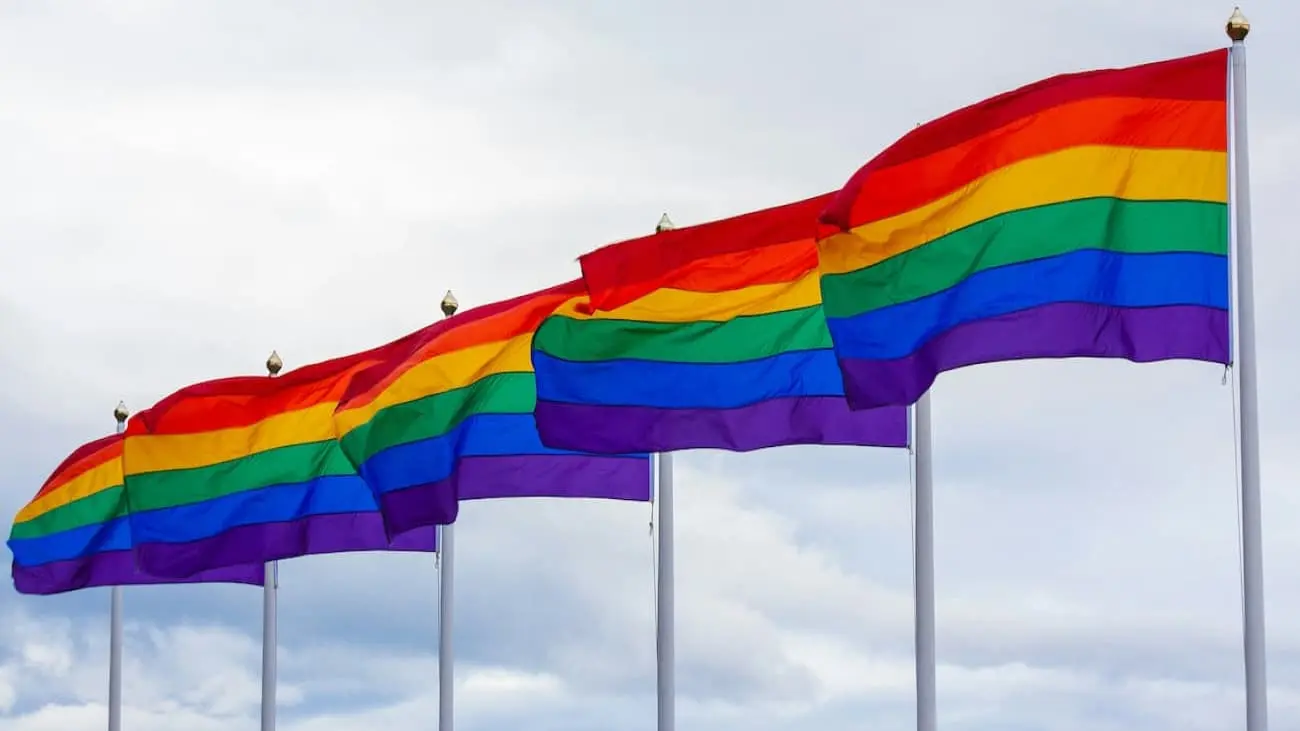NO TO HOMOPHOBIA IN FOOTBALL
Thiago Calderaro
Homophobia has no place in football. This is the central message emphasised by initiatives such as "Sports Free" and by individuals like Thomas Hitzlsperger and Marcus Urban. Despite societal progress, homosexuality remains taboo in men's football.
Historical Context and Current Challenges
Paragraph 175 of the German Penal Code criminalised gay and bisexual men for over 123 years, leading to a long history of persecution and discrimination. This paragraph was only abolished in 1994. However, homophobia in football, particularly in men's football, remains a persistent problem.
Thomas Hitzlsperger, the first German professional footballer to come out in 2014, describes the challenge: "Men's sports in general is the problem, not just football. Men, especially athletes, are associated with strength and performance, while being gay is associated with weakness. That doesn't fit together." His openness is considered a milestone in football, but even ten years later, courage is needed to combat homophobia in men's football.
The Importance of Role Models and Courage
Courage is a central theme in the fight against homophobia in football. Thomas Hitzlsperger's coming out in 2014 made him a role model for many. "I am different. I am one of those who were speculated about in professional football," he says of his experience.
Other athletes, such as NBA centre Jason Collins and NFL player Michael Sam, have faced similar challenges. Both came out in 2014, but only after their active careers had ended.
The "Sports Free" Campaign: A Step Towards the Future
On 17 May 2024, the International Day Against Homophobia, Biphobia, Interphobia, and Transphobia (IDAHOBIT), a group coming out of queer athletes in professional sports is planned. This initiative was spearheaded by Marcus Urban, a former professional footballer who publicly came out as gay in 2007.
"The 17th of May is an end and a new beginning. It is meant to signify the end of the burden and hiding and simultaneously a new start," explains Urban. This initiative aims not only to raise awareness but also to foster long-term acceptance and visibility.
Challenges in Men's Football
Homophobia is particularly pronounced in men's football. Players fear for their careers and social environments. According to Urban, there are many factors that prevent players from coming out: "Advisors, managers – not just men, but also female advisors, who instil fears. Be it out of genuine concern or individual interests, like money and fame."
A shocking example is the case of Justin Fashanu, the first footballer to publicly come out as gay in 1990, who committed suicide eight years later. This tragedy highlights how far there is still to go towards acceptance.
Positive Examples and Hopes for the Future
Despite the challenges, there are positive developments. Players like Andy Brennan and Josh Cavallo have found the courage to come out during their active careers, setting a strong example. "It is okay to be gay and play football. That's what I want to show everyone who has problems and fears," said Cavallo in 2021.
There are also advances in Germany. There are gay and lesbian fan clubs such as Hertha-Junxx or Queer Devils, promoting more visibility and acceptance.
A Call for Change
At CoachingArea, we stand firmly against homophobia in sports. The stories of Hitzlsperger, Urban, and many others show that courage and support are crucial. Homophobia in football must have no place. It is time for us to stand together as a community and drive this change. What would happen if just one active Bundesliga player publicly acknowledged their homosexuality? Wouldn't that have an impact beyond sport? Together, we can make this utopia a reality. Let’s make sport a place of acceptance and diversity.
Support the "Sports Free" campaign and show your solidarity with queer athletes!
Sources
1. https://www.fcviktoria.com/post/homophobie-hat-im-fu%C3%9Fball-nichts-zu-suchen
3. https://www.dfb.de/uploads/media/Informationsbroschuere_Fussball_und_Homosexualitaet_01.pdf
Continue Reading
This might also interest you:







